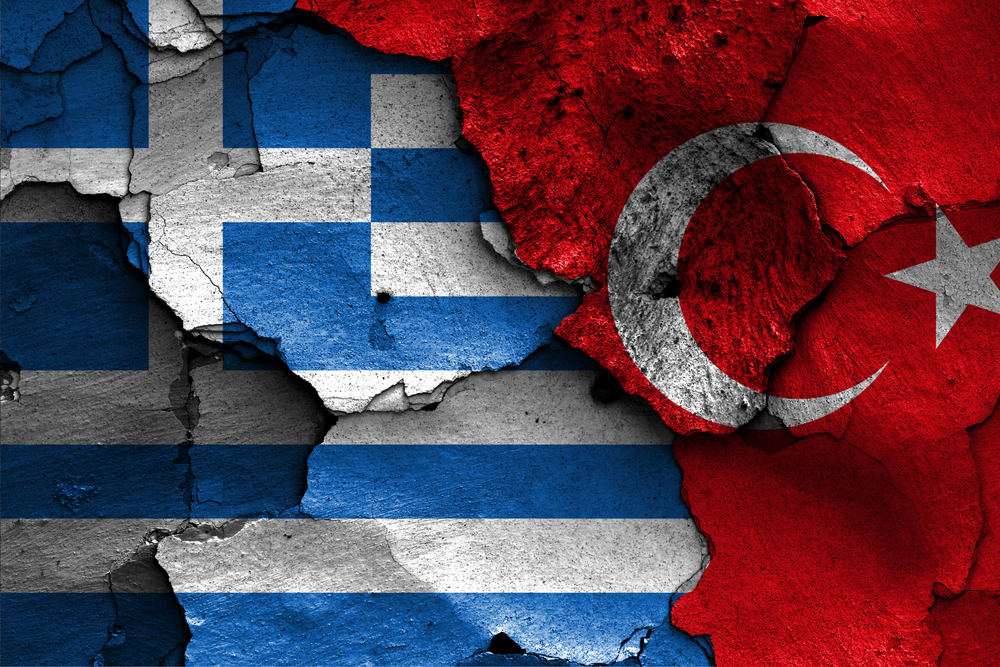
In disputed waters — The escalation between Turkey and Greece in 2020-2021 and its background
Analysis by Nikolett Pénzváltó
In its latest analysis, the Migration Research Institute examines the current developments of the Turkish-Greek relations. Turkey and Greece have a long record of conflicts in the past. In 2020, the tensions escalated between the two countries, in part due to the Turkish decision to give green light to mass irregular migration, and in part due to maritime border disputes. These caused several minor and major incidents between the two NATO member states. This analysis presents the recent events related to these two issues of conflict (migration and maritime border dispute, and the corresponding competition in the field of energy policy), by explaining the main underlying reasons. Though the Turkish border was closed at the end of March 2020, Greece’s fear prevails that Ankara will probably put pressure on Athens in the future through the control of migratory flows for the purpose of the maritime border dispute between the two countries, utilising the refugees in order to enforce its geopolitical interests in the Aegean Sea and the Mediterranean Sea. The location of maritime borders is also essential for transport, fishery, trade and communication, but energy, strategic and defence considerations are at play as well. The tensions have started to ease between Turkey and Greece in late 2020, thanks to the pressure from international players. Still, it remains a question whether the parties will be able to step beyond the world of gestures, and to settle their conflicts.
The full text of the analysis of the Migration Research Institute is available here.
